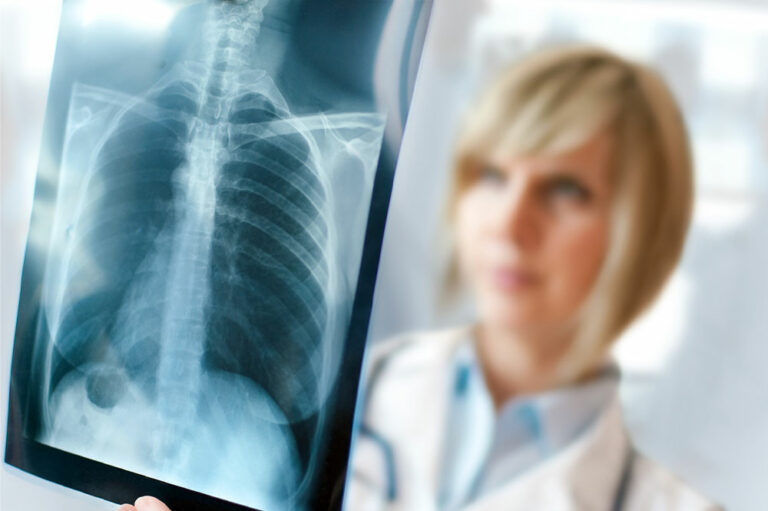
8 common early signs of cancer
Cancer, irrespective of the type, is a huge health concern around the world. Today, thanks to major improvements in screening technology, doctors are able to prove an early diagnosis of the condition, encouraging prompt and appropriate treatment. However, while keeping an eye out for the condition, one must remember that signs can vary depending on factors such as the size of the tumor, its impact on nearby organs and tissues, and its progression. Common early signs Fatigue Most people usually experience fatigue after exertion. But when dealing with cancer, the fatigue sets in without engaging in intense physical activities. Such exhaustion can hinder day-to-day activities. Just like normal cells in the body, the cancer cells thrive on nutrients to grow, leaving little for other healthy cells. This deprivation can make one feel extremely tired throughout the day. Changes in bowel movements One of the early warning signs of cancer is changes in bowel movement. Further, colorectal cancer affects the colon and rectum, causing symptoms like diarrhea and constipation, which can further contribute to fatigue. Such changes can be accompanied by persistent pain in the abdomen and pelvic region. Bloating While bloating can cause discomfort, most people believe it to be harmless.
Read More 











